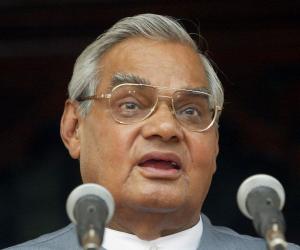Atal Bihari Vajpayee served as the 10th Prime Minister of India and was the first prime minister who did not belong to the Indian National Congress. The BJP politician had been a journalist and an RSS member. He was a noted poet, too. During his tenure as prime minister, he carried out Pokhran II nuclear tests in 1998 and declared India as a country with nuclear weapons capability.

Gwalior-born composer Tansen, also known as Ramtanu Pandey, was an iconic figure of Hindustani classical music. Best known for his dhrupad and raga compositions, he was one of the navratnas, or nine gems, of Mughal emperor Akbar’s court. He also invented a stringed instrument named the rabab.
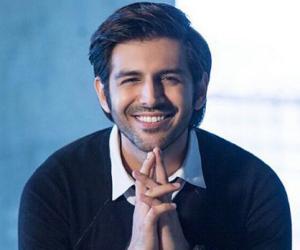
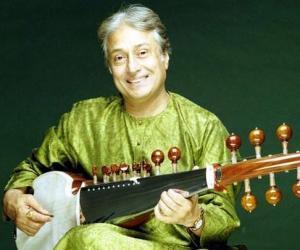
Legendary sarod player Ustad Amjad Ali Khan was born to a court musician in Gwalior and performed his first recital at age 6. He later took the sarod to the international stage, with performances in the US and other countries. The Padma Vibhushan winner’s two sons, too, are classical musicians.
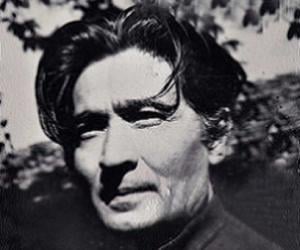
Jan Nisar Akhtar was an Indian poet and lyricist best remembered for working with prominent composers like O.P. Nayyar and C. Ramchandra. Also renowned for his Urdu ghazals, Jan Nisar won the prestigious Sahitya Akademi Award in 1976 for his work Khak-e-Dil.
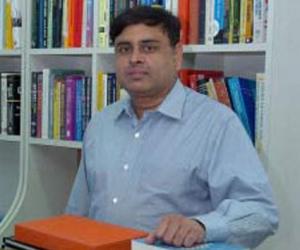
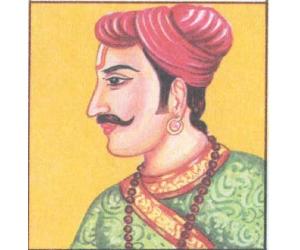
Bihari Lal was a Hindi poet who was active in the 17th century. His work the Satasaī (Seven Hundred Verses) in Brajbhasha is considered the most celebrated Hindi work of poetic art. He studied ancient Sanskrit texts as a young man and received lessons in poetry from the famous poet Keshavdas. His works have been translated into Sanskrit.
